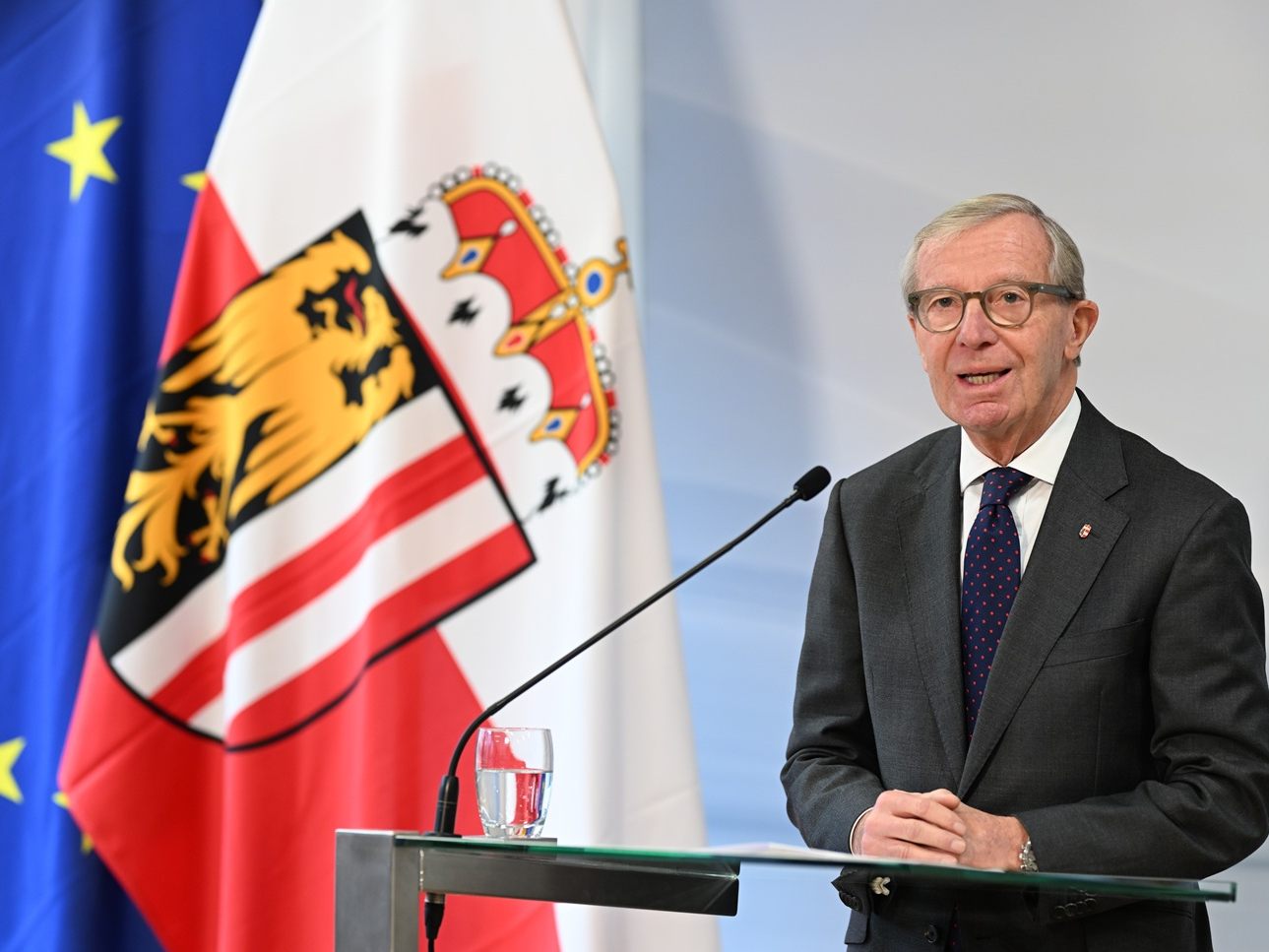```html
New Government: Voices from the Federal States
```

Salzburg's Governor Wilfried Haslauer (ÖVP), currently the chairman of the Conference of Provincial Governors, extends a hand to the new federal government: He wishes the new government much success and "reaffirms the willingness of the Conference of Provincial Governors for constructive cooperation in the interest of our country," said Haslauer.
The Salzburg Governor expressed his delight that "a path for a broad government of the center could be found, which will tackle the pressing challenges our country faces with a stable majority in the National Council." There is much to do, and he is convinced that Christian Stocker as Federal Chancellor is the right man.
Stocker: "Time to Act"
Upper Austria's Governor Thomas Stelzer (ÖVP) also stated that after the long negotiations, it is now "time to act." This is especially necessary "to revitalize and further develop Austria as a location for business, work, and innovation. This is also a focus in the new government program."
Burgenland's Governor Hans Peter Doskozil (SPÖ) declared that the three-party coalition will be "measured by its actions." At the same time, he emphasized that a "government with a savings program should also save on itself": "Anything else would be perceived by the people in Austria as mockery." Doskozil expressed "some skepticism" about the stability of the new government - given "previous coalition experiences with the ÖVP," as he noted. Regarding the content, the topics of care, health, and migration are crucial. For example, clear perspectives for sustainable hospital financing are needed. Furthermore, it must be ensured that "the budget debacle left by the ÖVP" is not resolved at the expense of the population. He intends to closely monitor the plans in the pension sector. The Burgenland SPÖ state party leader criticized the public SPÖ-internal discussion about appointments: "From my point of view, it is a matter of course that the party chairman selects his government personnel himself. He also bears full responsibility for the success of this team. Public calls or crossfire are therefore out of place."
"With the new federal government, there is hope that it will not only tackle the major challenges in our country but also get them under control," stated Lower Austria's Governor Johanna Mikl-Leitner (ÖVP). It must "immediately do everything possible to revive the economy, secure jobs, and take action against those unwilling to integrate," she emphasized: "After the lengthy, conflict-ridden government negotiations of the past weeks, the three different partners must now pull together and immediately start working for the future of our country and our children."
Mattle: "Signature of Reason"
For Tyrol's Governor and ÖVP state party leader Anton Mattle, the newly presented government program bears "the signature of reason." It offers a "chance" for the "willingness to perform, the idea of ownership, competitiveness, and internal security to prevail" in this country. He himself contributed to the transit chapter. Mattle emphasized that the future federal government "clearly stands behind Tyrol" on the transit issue and referred to a commitment to anti-transit measures, the slot system along the Brenner corridor, and the expansion of the rail network. His deputy and acting SPÖ state party chairman, Philip Wohlgemuth, also saw a "positive chance for successful cooperation." It will be crucial that "all parties involved work constructively" together.
Carinthia's Governor Peter Kaiser (SPÖ) assessed the government program "cautiously positive." It contains "some promising approaches to guide Austria economically and socially stable through an unstable global situation," said Kaiser. He particularly welcomes measures aimed at "securing jobs, making life affordable, further developing social security for all population groups, and strengthening Austria as a business location." At the same time, it is important to shape budget policy sustainably. And: Especially in asylum policy, "consistency is required": "We need practical solutions that combine a restrictive approach with humanity."
(APA/Red)
This article has been automatically translated, read the original article here.





